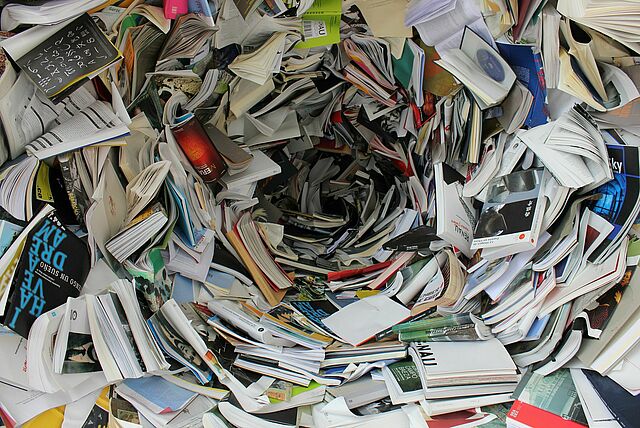While making some journalists redundant, OpenAI’s GPT-2 and GPT-3 have also fired the journalistic imagination: In September 2020, The Guardian attempted to scare its readers with a paper purportedly written by the Generative Pre-Trained Transformer (GPT-3 2020) and in April 2022, an elaborate New York Timesarticle declared that “machines have acquired language” (Johnson 2020).
In view of Voigts earlier attempt to cast GPT-2 as an adaptation machine (2020) and noting that other commentators have also resorted to concepts of imitation, emulation, remix and pastiche (Gary Marcus), we can describe the machine intertextuality of these “stochastic parrots” (Bender et al. 2021) as derivative; their output is a mere semblance of consciousness.
In this talk, he would like to reconsider the aesthetic potential of Large Language Models in NLP and confront it with (a) concepts of “AI-powered creativity” (Miller 2019), (b) previous aesthetic practices of generative writing involving language – in principle largely unchanged since Strachey’s “Love Letters” (1952) and involving literary coders such as (but not limited to) Montfort 2014, Bajohr 2018, Navarro 2020), and (c) the recent cultural imaginary of robots in literature (Winterson 2019, McEwan 2019, Ishiguro 2021, Kehlmann 2021).
-
Eckart Voigts is Professor of English Literature at TU Braunschweig, Germany. He has written, edited and coedited numerous books and articles, such as Introduction to Media Studies (Klett 2004), Janespotting and Beyond: British Heritage Retrovisions since the Mid-1990s (Narr 2005), the special issue of Adaptation (vol. 6.2, 2013) on transmedia storytelling, Reflecting on Darwin (Ashgate 2014), Dystopia, Science Fiction, Post-Apocalypse (WVT 2015), Companion to Adaptation Studies (Routledge 2018, with Dennis Cutchins and Katja Krebs). His paper "Algorithms, Artificial Intelligence, and Posthuman Adaptation: Adapting as Cultural Technique" was published in Adaptation (2021) DOI: https://doi.org/10.1093/adaptation/apaa013. Since 2020, he has been co-heading the interdisciplinary research group “Automated Creativity” (funded by NMWK) https://www.tu-braunschweig.de/en/anglistik/seminar/liku/research/automated-creativity


